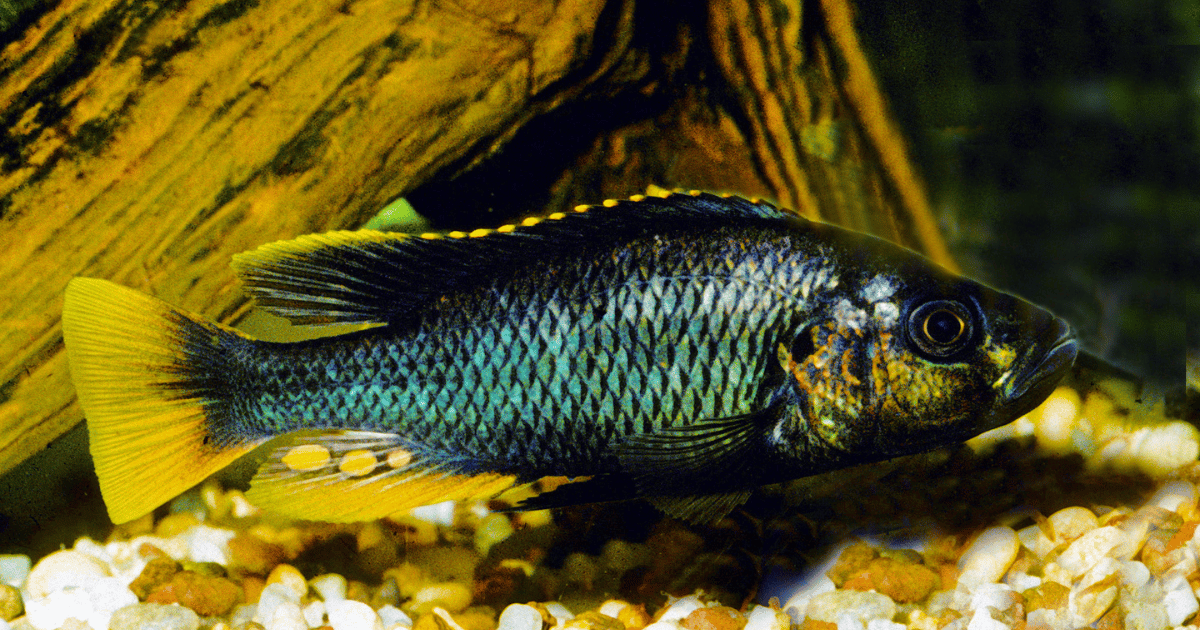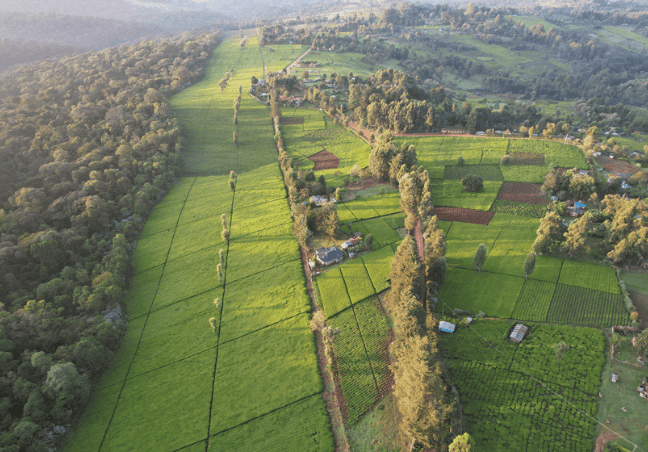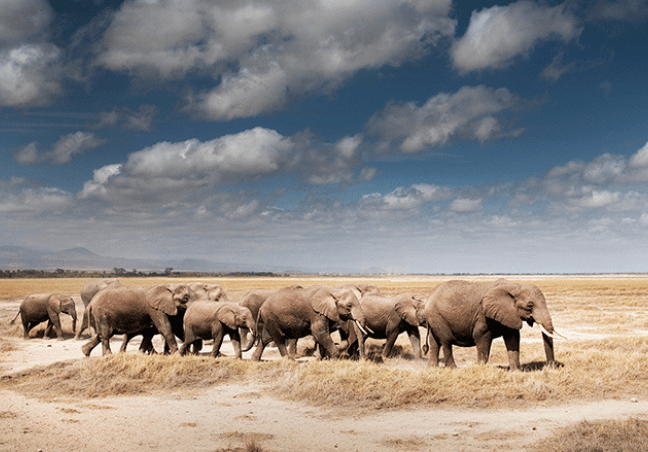- Conservation Rising
- Posts
- Rwanda scales a pay scheme for the stewards of nature
Rwanda scales a pay scheme for the stewards of nature
Dear subscriber, this is a prototype. Please help us with feedback and tips. Just press reply.
The Rwandan government has launched a large-scale forest and land restoration project to support livelihoods and reduce pressure on natural ecosystems in its Southern Province. The initiative will directly benefit about 300,000 people through alternative income-generating activities like fruit tree planting and non-timber forest product value chains. |
Sustainable land management practices will be applied across 8,931 hectares of farmland to reduce erosion and improve yields. An additional 2,162 hectares of degraded forests and wetlands will be rehabilitated to restore ecological balance.
By expanding alternative income options, the project cuts economic reliance on forests, easing deforestation pressure and making income security a driver of conservation.
Our take: When conservation pays, communities become stewards of nature, choosing sustainable incomes over deforestation…Read more (2 min)
Africa is home to over 3,281 freshwater fish species, yet one in four are now threatened with extinction, according to a new WWF report. In an exclusive interview with Conservation Rising, Eric Oyare, WWF Africa Freshwater Lead, explains the disappearance of these species is largely as a result of almost 300 freshwater-related invasive species. |
“When fish disappear, we lose much more than biodiversity. We lose nutrition, income, and cultural identity. Species like Nile perch or water hyacinth have overwhelmed native fish, destabilising entire ecosystems,” says Oyare.
As Africa prepares for the Ramsar COP15 conference, Mr. Oyare urges governments to adopt World Wildlife Fund’s emergency recovery plan, a six-point roadmap to restore river flows, control invasive species and revive critical freshwater habitats for the millions who depend on them.
Click the link to read the full Q&A…Read more (2 min)
For the first time in over a decade, the World Congress on Agroforestry (WCA2025) returns to Africa, with Kigali set to host its 6th edition on 20th October. Just days earlier, Cape Town will welcome the 15th International Effects of Oil on Wildlife Conference (EOW2025), marking the event’s first relocation from North America since its inception. |
The WCA2025 will focus on sustainable land use under the theme “Agroforestry for People, Planet and Profit.” while EOW2025 will address wildlife protection from oil spills, with a spotlight on the African Penguin and global response collaboration.
The third event, IUCN World Conservation Congress 2025 will be held in Abu Dhabi from 9th October, focusing on “Powering Transformative Conservation” through a hybrid format that unites global actors in biodiversity and climate action.
Find out more…Read more (2 min)
____________________


Africa’s freshwater fish are at the brink of extinction due to habitat loss, pollution, invasive species and climate change.
Jobs
🐘 Be the Chief Field Officer for Conservation International (Kenya)
👷 Apply for the Data Coordinator position at Peace Parks (South Africa)
🧑✈️ Join African Wildlife Foundation as a grants officer (Kenya)
Various
🌳 An African plants database records 65,000 species
🌳 Ngorongoro Conservation Area to launch heritage database
🦏 Ford Wildlife Foundation donates a ford ranger to Cape Leopard Trust
Seen on LinkedIn
Debbie Hindle, Chair of International Centre for Responsible Tourism global, says, “Communities and conservation can work together to deliver great change.”____________________


